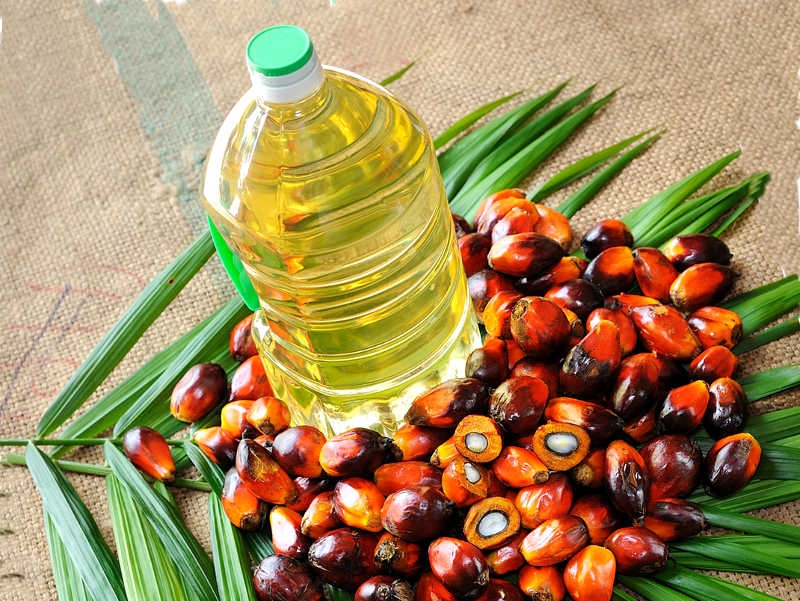Russia-Ukraine crisis: Palm oil likely the solution to shortage of frying fat, says CPOPC

As the Russia-Ukraine conflict is seen to significantly curtail the availability of sunflower oil for various applications, food manufacturers will have to look elsewhere to circumvent their losses, and palm oil will likely be their solution as the frying fat of choice.
Council of Palm Oil Producing Countries (CPOPC) consultant Datuk Dr Kalyana Sundram said market forces, particularly in the Asia and the Middle East regions, are already signalling this makeover.
“For food manufacturers, this will be an easy switch since there is a large body of readily available data on how best to re-adopt palm olein on its own or in combination with other palm fractions for the fry and snack food industries.
“For the European sector, there is just one additional looming issue that needs to be tackled — the large number of products with ‘No Palm Oil’ claims need to make the about-turn and adopt palm olein for its well worth and defined qualities in these applications.
“Well, they would have the task of explaining to their consumers their return to palm oil under these prevailing global events,” he said in a post on the CPOPC website.
Ukraine and Russia are major producers of the world’s sunflower oil, accounting for 7.3 million tonnes and 5.8 million tonnes respectively in 2020.
Together, these two countries account for nearly 73% of the export trade in sunflower oil.
In terms of overall oils and fats consumption, sunflower oil typically accounts for about 9% of global consumption and almost the entire quantum is used as a food commodity.
Meanwhile, Kalyana also assured of assistance from bodies like the CPOPC in these exercises, and the council would back up every statement about palm olein in these applications with sound scientific evidence.
He said palm olein had an edge over high oleic sunflower oil, with a proven track record for higher oxidative stability, being far less prone to developing oxidative off-flavours and being far more cost effective (cheaper) than sunflower oil.
Its supply is also better assured and not subject to, as in the early days, to uncertainty among sunflower seed farmers about how much of the new high oleic sunflower crop they should cultivate to ensure higher equitable returns for their produce, he added.
“However, the one-sided non-governmental organisation anti-palm onslaught, particularly on palm’s cultivation practices, sustainability and environmental performance, triggered consumer resentment against palm and savaged the market in favour of high oleic sunflower oil.
“Definitely, this anti-palm oil campaign had a strong impact on food industry manufacturing and we progressively saw a myriad of products reformulated with high oleic sun replacing palm olein and thereafter the advent of more than 2,500 European food labels claiming ‘No Palm Oil’ or the French version, ‘Sans Huile de Palm’,” he said.
Read also
Ukraine is ready to help Syria prevent food crisis – Zelenskyy
Join with the EARLY RATE – 22 International Conference BLACK SEA GRAIN.EUROP...
Brazil sugar output decreased by 23% — Unica
Algeria imposes a complete ban on durum wheat imports in 2025
Weather in Brazil and Argentina remains favorable for the future harvest of soybea...
Write to us
Our manager will contact you soon



